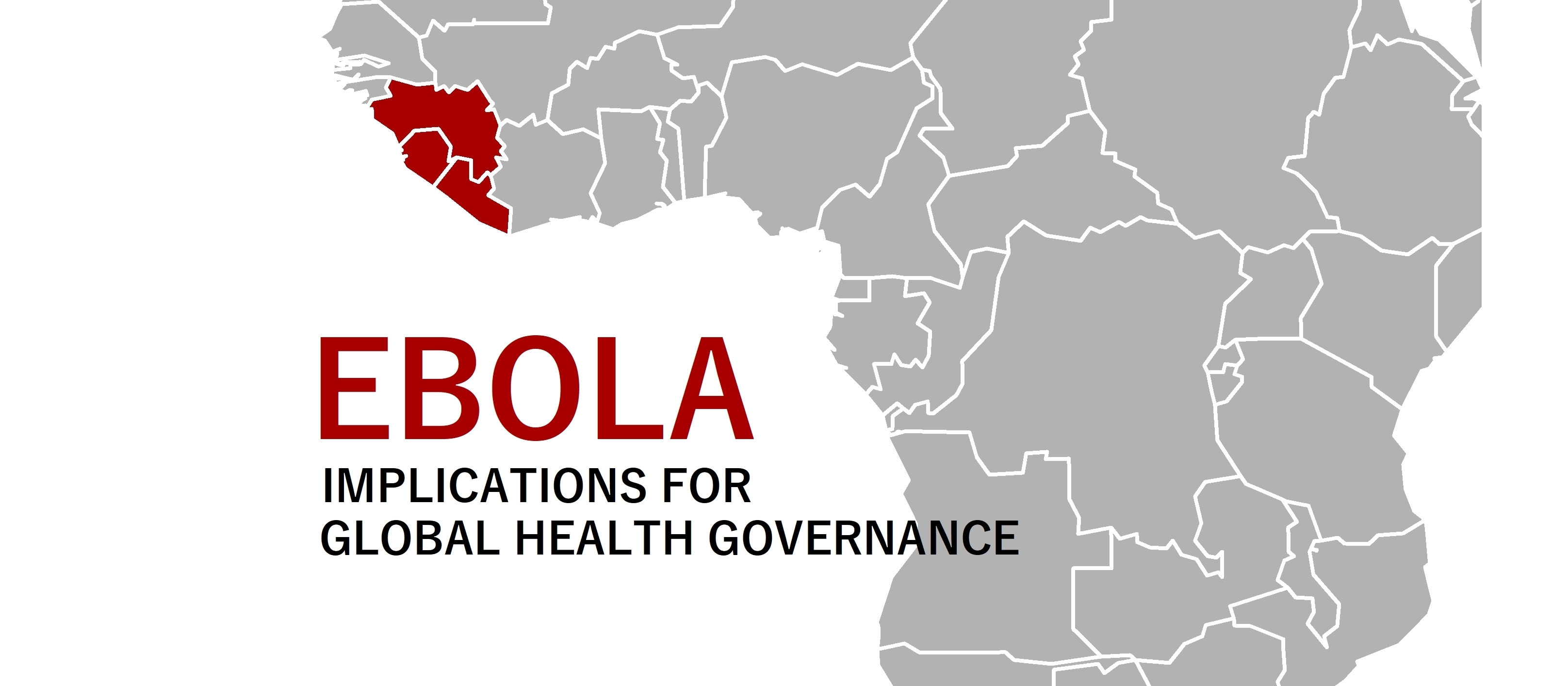By Maryam Deloffre
United Nations Security Council (UNSC) Resolution 2177 (2014) was politically salient because it labeled the Ebola crisis as a threat to international peace and security and created UNMEER, the first-ever UN system-wide emergency health mission. This article considers the implications of the UNSC’s resolution and establishment of UNMEER for the future of humanitarian action. It conceptualizes national and human security approaches to humanitarian intervention, discusses the implications for policy and then examines UNMEER using this lens. It finds that while the UNSC’s securitization of the Ebola outbreak incentivized cooperative behavior, UNMEER used a traditional security approach in its response to the Ebola outbreak: it was primarily organized around a health mandate and focused on the technical and medical aspects of disease containment; major donors contributed significant amounts in bilateral assistance to affected countries; and it emphasized compliance with financial and legal accountability standards. UNMEER’s exceptional power to assign responsibilities to implementing partners, fund mission critical activities, and maintain an accountability chain, nonetheless granted it the authority to both lead and oversee the intervention. Better coordination and standardization between health and humanitarian sectors, development of mutual accountability principles, and integration of a human rights perspective would improve human security outcomes in future global responses.



We are looking for assistance in water projects in which our communities gets the problem of water scarcity which causes most of our communities especially primary school students to suffer from this problem the school have more than 700 pupils having one water having tanks which mostly they can get water during rain season but in dry season no water at all hence they is outbreak of water-borne disease,we are planing to drill hand pumps so that to reduce this problem,the primary school is at Kayanga -karagwe kagera region Tanzania